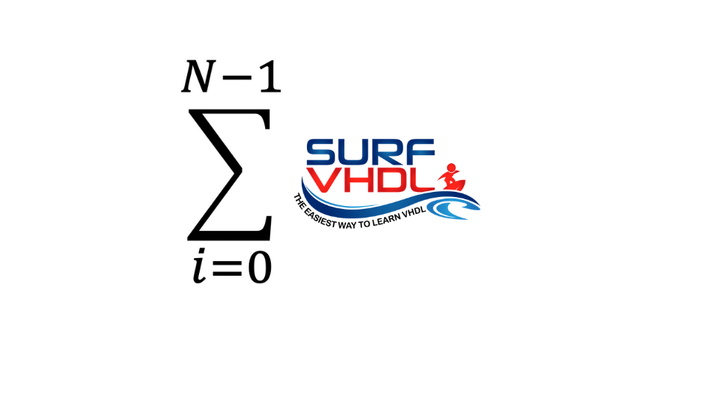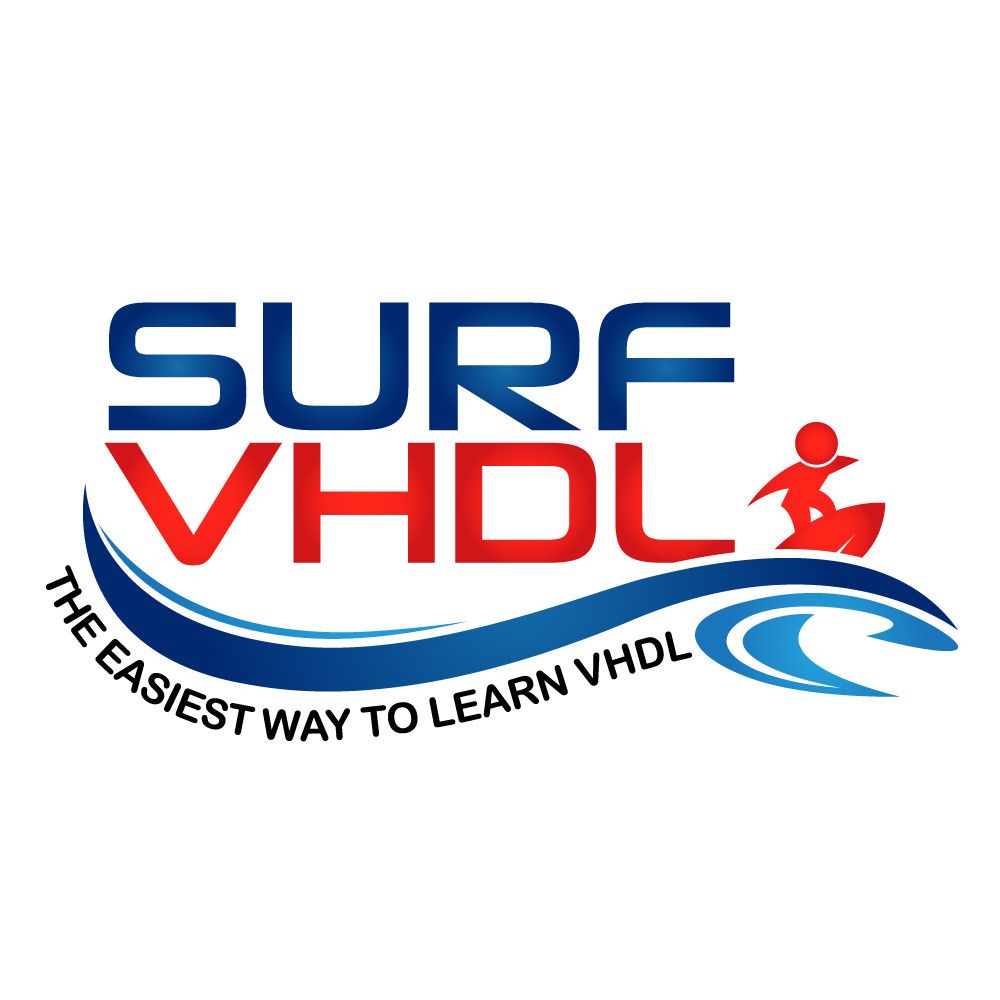
Mastering DSP in VHDL
Learn How to Implement High Speed Digital Signal Processing in FPGA using VHDL
Enroll in Course
Digital Signal Processing is present in every device we use in our daily life.
- Introduction
- continuous-time signal
- discrete-time signal
- Signal Representation
- Unit Sample Sequence
- Unit Step Sequence
- Analog-to-Digital Conversion
- Digital-to-Analog Conversion
- Quantization error, SRN, SINAD
- Section 1 - Course Material
Section 2
- Introduction to Digital Filter
- FIR general architecture
- Mobile Average Filter - lecture
- Mobile Average Filter - Simulation
- Frequency responce
- Frequency response - example
- Impulse response
- Impulse response - example
- Step response
- Step response - example
- Section 2 - Course material
Section 3
- Introduction to Fixed point arithmetic
- Floating point-> Fixed point
- Fixed point representation
- Adder - lecture
- Adder - Simulation
- Subtraction - lecture
- Subtraction - simulation
- Multiplier - lecture
- Multiplier - -Simulation
- VHDL exercise download
- Filter synthesis using Matlab/Octave
- Remez
- Fixed point verification Matlab/Octave/C++
Section 5
- VHDL implementation of Mobile Average Filter - lecture
- VHDL implementation of Mobile Average Filter - implementation
- VHDL implementation of Mobile Average Filter - implementation 2
- VHDL implementation of Mobile Average Filter - optimised
- VHDL implementation of classic FIR
- VHDL implementation of classic FIR - simulation
- VHDL implementation of a symmetric FIR
- VHDL implementation of a symmetric FIR - simulation
- VHDL implementation of an antisymmetric FIR
- VHDL implementation of an antisymmetric FIR - simulation
- VHDL implementation of CNN kernel
- VHDL implementation of CNN kernel - simulation
- VHDL exercise download
- Introduction to multi-rate filter
- Interpolation
- FIR Interpolator
- Decimation
- FIR Decimation
- Fractional interpolation/Decimation
Section 7 (BONUS) (to be published)
Your Instructor

Surf-VHDL supports FPGA/ASIC junior and, why not, senior hardware designers in finding examples and useful hints for their VHDL designs.
My target is to enable you to “surf” the VHDL: I made the VHDL learning experience as simple as it can be.
I'm sharing with you everything that actually helped me in mastering the VHDL.
The website contains many examples, explaining “how to” prepare the most common VHDL constructs, together with one section listing the “common mistakes” in VHDL design.
I strongly believe in knowledge sharing as one of the most important means to improve this world.
I would very much appreciate your cooperation either by submitting your questions or by sharing the link to the website with your friends and colleagues
Enjoy the experience !
Francesco
Course Curriculum
-
Preview01-Introduction (5:41)
-
Start02-Continuous-Time signal (1:55)
-
Start03-Discrete-Time Signal (1:33)
-
Start04-Signal Representation (3:36)
-
Start05-Unit Sample Sequence (2:49)
-
Start06-Unit Step Sequence (3:14)
-
Start07-Analog-to-Digital conversion (9:53)
-
Start08-Digital-to-Analog (3:23)
-
Start09-Quantization Error SRN, SINAD-Part1 (6:42)
-
Start09-Quantization Error SRN, SINAD-Part2 (9:43)
-
StartDownload Tutorial
-
Start01-Introduction to Digital Filter (5:22)
-
Start02-FIR general architecture (6:46)
-
Start03-Mobile Average Filter-lecture (5:09)
-
Start03-Mobile Average Filter-sim (8:43)
-
Start04-Frequency response (3:38)
-
Start04-Frequency response-example (4:22)
-
Start05-Impulse response (6:22)
-
Start05-Impulse response-example (4:18)
-
Start06-Step Response (4:54)
-
Start06-Step Response-example (2:36)
-
StartSection 2 material Download
-
Preview01-Introduction to Fixed point arithmetic (12:10)
-
Start02-Floating point - Fixed Point (7:22)
-
Start03-Fixed point representation (8:18)
-
Start04-Adder-Lecture (10:05)
-
Start04-Adder-VHDL Simulation (19:52)
-
Start05-Subtraction-Lecture (2:32)
-
Start06-Multiplier-Lecture part 1 (3:51)
-
Start06-Multiplier-Lecture part2 (3:56)
-
Start06-Multiplier-VHDL simulation (14:28)
-
StartVHDL Exercise Download
